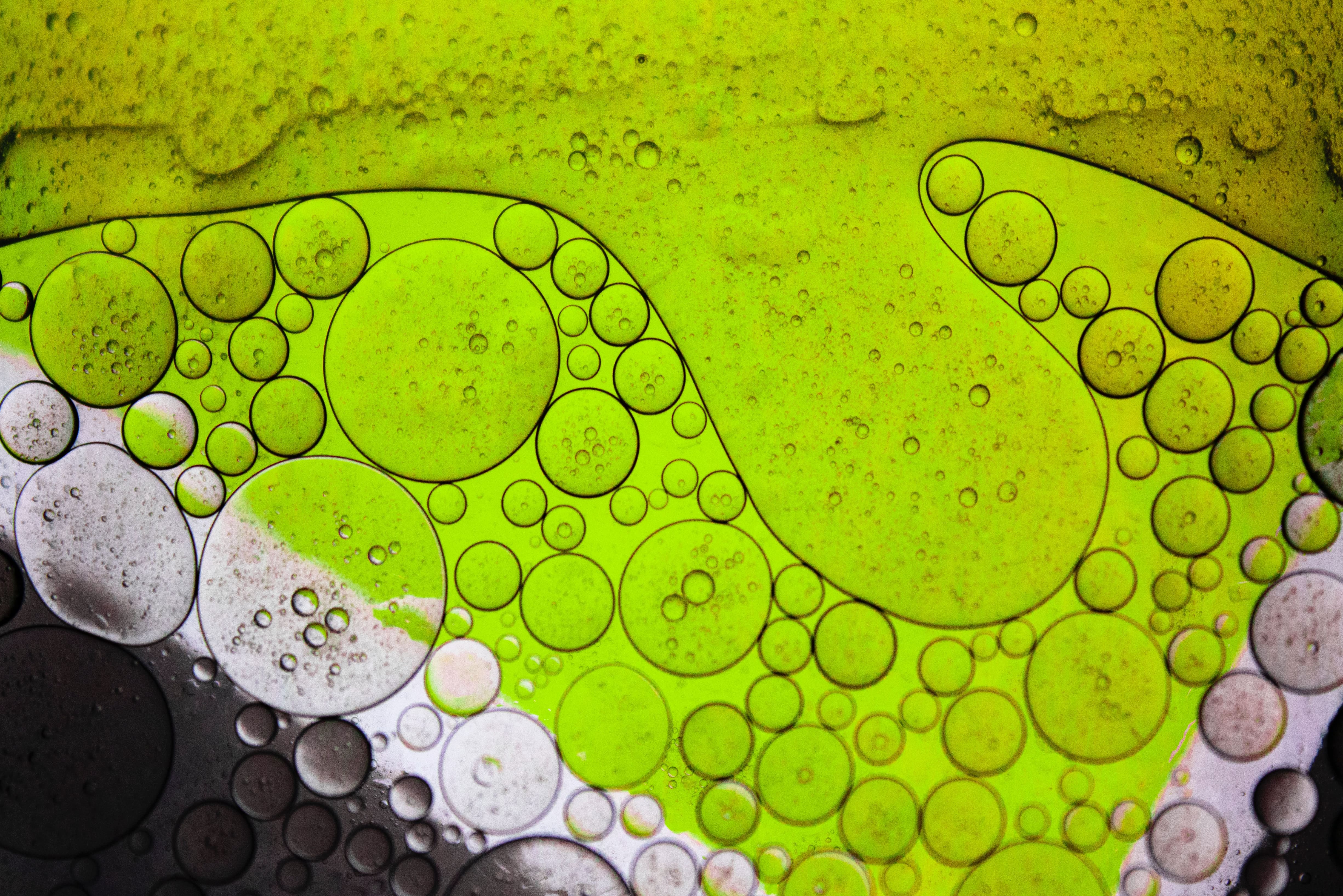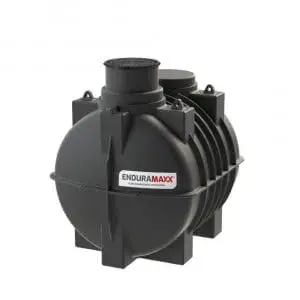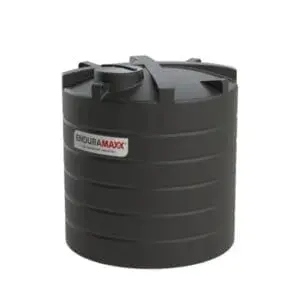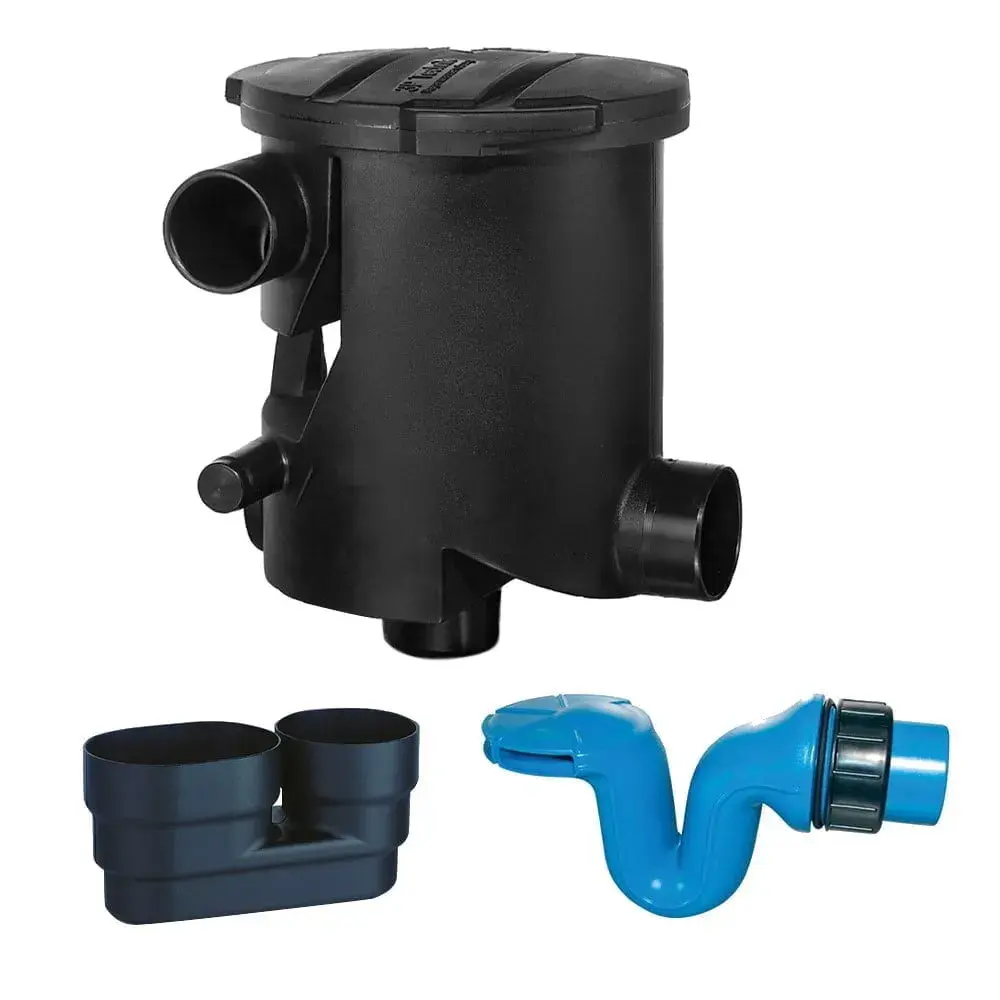
Increasing pressure on the UK’s water supply this summer has caused a growing interest in agricultural rainwater harvesting systems among farmers and horticultural businesses. However, any static water storage system brings with it the issue of hygiene management.
Collected rainwater is relatively clean and safe at source, but it picks up traces of pollutants and bacteria as it makes its way into harvesting systems, which can bloom into a serious contamination issue under some storage conditions. With the health of livestock and crops at stake, it’s important to be aware of the types of bacteria commonly found in rainwater and how to eliminate them.
Algae
Algae is a type of microscopic plant rather than a bacteria, but is worth discussing under the same heading, as algae is the most common type of growth affecting rainwater harvesting systems. You’ve probably noticed algae growth in ponds, river margins, and local lakes, but algae can also develop in agricultural rainwater collection tanks, with the added problem that it’s not always visible.
While most algae are harmless, it’s best not to take any chances and risk having a toxic algae bloom in your harvested rainwater. If they come in contact with the soil, they may deprive crops of oxygen, and cause disease in livestock that drink that water.
Bird And Animal Waste
Harvested rainwater typically comes into a tank through a roof on a barn or outbuilding, where it may come in contact with bird or rodent droppings. With this comes the risk of contamination with the C. psittaci and coliform bacteria, which can cause serious health problems in livestock and contaminate the soil.
Parasites
Many different types of parasites can be drawn into rainwater as it passes through the roof into your tank or catchment system, including parasitic worms and their eggs carried in bird droppings. These parasites can cause illness among livestock unless a suitable water treatment system is employed. Additionally, some species of insect are drawn to standing water to lay their eggs, risking your tanks becoming a breeding ground for disease-bearing mosquitoes and gnats, as well as worms.
How To Handle Rainwater To Remove Harmful Contaminants
Which method you use to treat harvested rainwater depends on what you intend to do with it. Water purification requirements are much more stringent for livestock drinking water than for irrigation or general agricultural purposes (e.g. washing agricultural plant).
Coarse filters are usually fine to treat rainwater for crop irrigation and for farm machinery cleaning. Water for livestock may need further stages of filtration, as well as UV sterilisation to remove harmful algae, bacteria, and pathogens. Regular microbiological testing is recommended to sustain the quality of the water in your storage tanks.
Choose The Right Storage Tanks
Algae and other harmful organisms need warmth and light to grow. If you collect rainwater into above-ground tanks, ensure they’re made of an opaque material and shielded from direct sunlight.
Choose The Right Filtration System
An efficient filter is the best way to treat your water, as it ensures that it stays fresh for longer and that any pathogens and debris picked up along the way are filtered out.
It’s best to use dedicated rainwater harvesting filters like the ones we supply at Enduramaxx, since they’re built to fit the inlets in our tanks.
Advanced Water Purification
UV lamps are very effective at destroying smaller microorganisms and viruses that may escape your filters, as long as rainwater passes through a particulate filter first to remove larger contaminants – failing to do so may reduce the efficiency of the purification process. Some chemical agents may also be used, but these will need to be selected carefully to avoid potential harm to soil and livestock. Many farms install additional carbon filters to remove chemical residues from harvested rainwater before use.
Find Out More
At Enduramaxx, we manufacture and supply rainwater harvesting and storage equipment for agricultural and commercial purposes. Our rainwater tanks come with different types of filters to ensure the system is easy to maintain and harvested water is safe to use.
Please call 01778 562810 today for advice choosing the best storage and treatment solution for your business.
Image Source: Unsplash
Posts By Topics
- Blog (303)
- Chemical Storage Tanks (118)
- Chemical Dosing Tanks (114)
- Chemical Tanks (114)
- Water Tanks (58)
- Rainwater Harvesting Tanks (43)
- Vertical Rainwater Tanks (31)
- Vertical Storage Tanks (31)
- Cone Bottom Tanks (19)
- Conical Cone Tanks (18)
- Rainwater Harvesting (17)
- Water Bowsers (15)
- Horizontal Tanks (14)
- Potable Water Tanks (13)
- Farming (9)
- Case Studies (8)
- Industrial Storage Tanks (7)
- Liquid Fertilser Storage Tanks (6)
- WRAS Approved Potable Tanks (6)
- Wine and Beer Production (6)
- Horizontal Transport Tanks (5)
- Microbrewery (5)
- Rainwater (5)
- Category 5 Break Tanks (4)
- Cider Production (4)
- Mixer Tanks (4)
- Molasses Tanks (4)
- Polyethylene tanks (4)
- Rainwater Filter Kits (4)
- SPECIALIST & BESPOKE TANKS (4)
- Bunded Tanks (3)
- Slimline Tanks (3)
- WRAS Approved (3)
- Clarification Tanks (2)
- Crosslinked Polymer Tanks (XLPE) (2)
- Fertiliser Tanks (2)
- Sump Tanks (2)
- Tank Installation (2)
- Water Butt (2)
- underground water tanks (2)
- ACCESSORIES & FITTINGS (1)
- ATV & UTV SPRAYING UNITS (1)
- Above Ground Effluent Tanks (1)
- Bespoke Tank Frames (1)
- Category 5 Turret (1)
- Caustic Soda Tanks (1)
- Closed Top Bunded Tanks (1)
- Craft beer (1)
- Effluent Tanks (1)
- Enduramaxx (1)
- Ferric Chloride Tanks (1)
- Fire Safety Regulations (1)
- Fire Sprinkler Water Storage Tanks (1)
- Industrial Water Tank (1)
- Open Top Bunded Tanks (1)
- Open Top Cone Tanks (1)
- Open Top Vertical Tanks (1)
- Polyethylene Potable Water Tanks (1)
- Polyvinylidene Fluoride (PVDF) Tanks (1)
- Polyvinylidene Fluoride Tanks (PVDF) (1)
- Pressure Washers (1)
- Pro Series Spot Sprayers (1)
- RWH (1)
- Sodium Hydroxide Storage Tanks (1)
- Sprayer Fill-up Tanks (1)
- Uncategorised (1)
- liquid fertiliser tank (1)
Sign up to the newsletter
Amber
Related Posts
Swimming Pool Chemical Storage Best Practices
With swimming pool chemical storage, it is essential that all chemicals are stored and administered...
Solids Removal from Aquaculture Wastewater - Enduramaxx Ltd
Solids removal from aquaculture wastewater is required as rearing fish produces waste products –...
Related Products
From £1,080.00 inc. VAT
£900.00 exc. VAT
From £1,344.00 inc. VAT
£1,120.00 exc. VAT
From £768.00 inc. VAT
£640.00 exc. VAT
£480.00 inc. VAT
£400.00 exc. VAT






